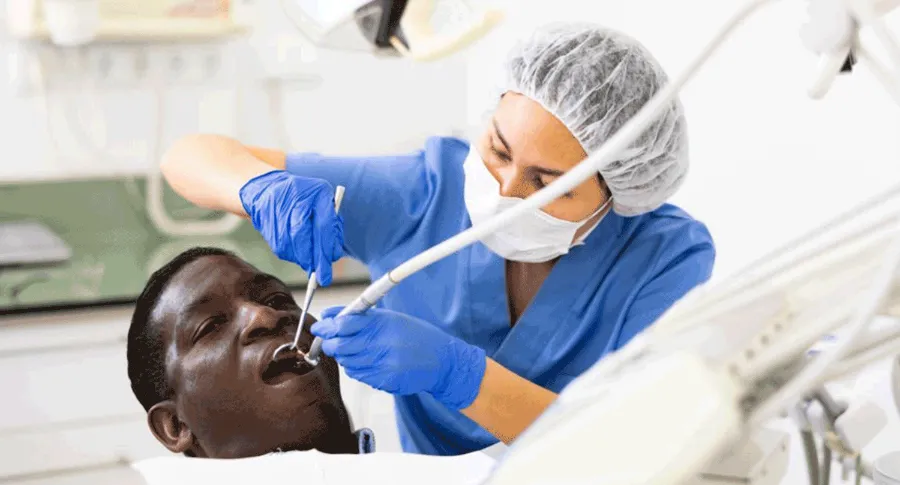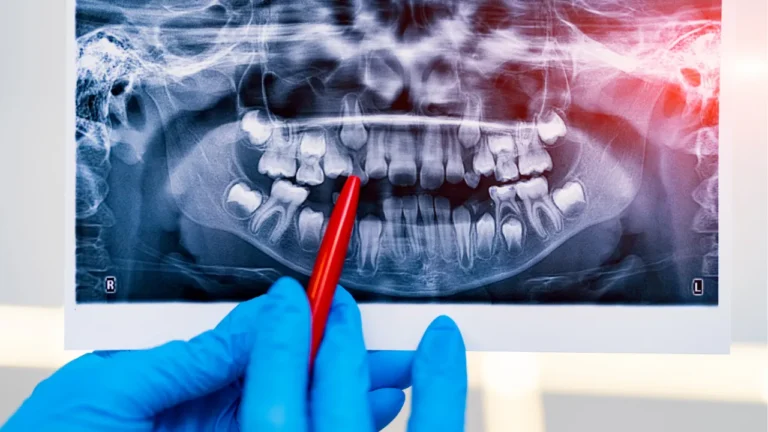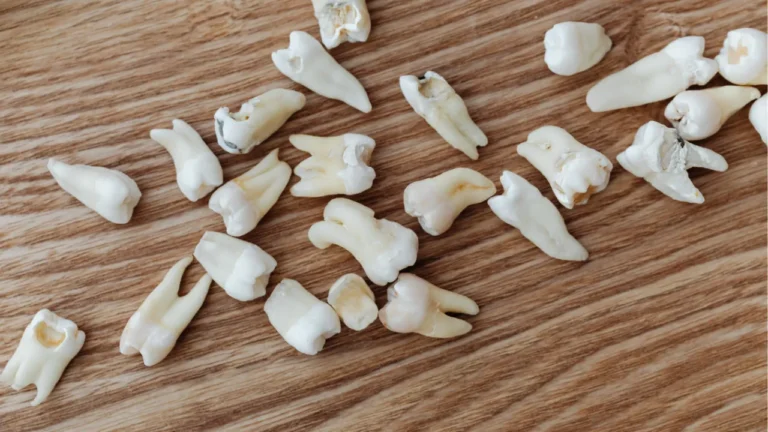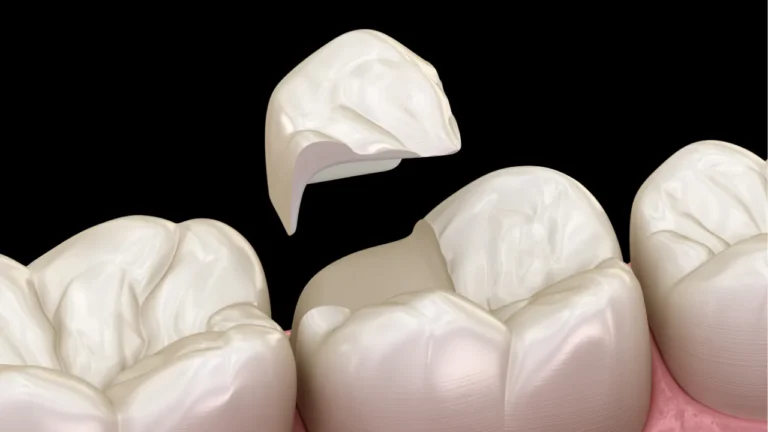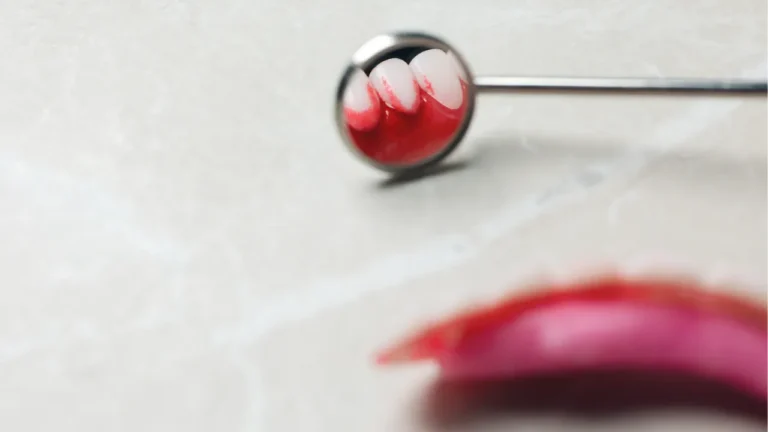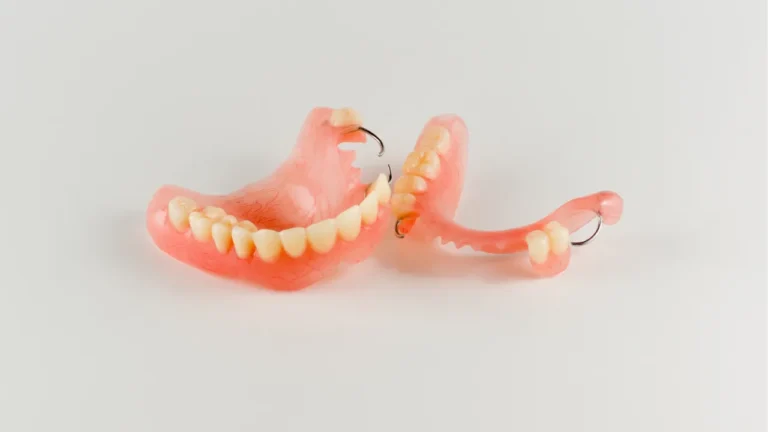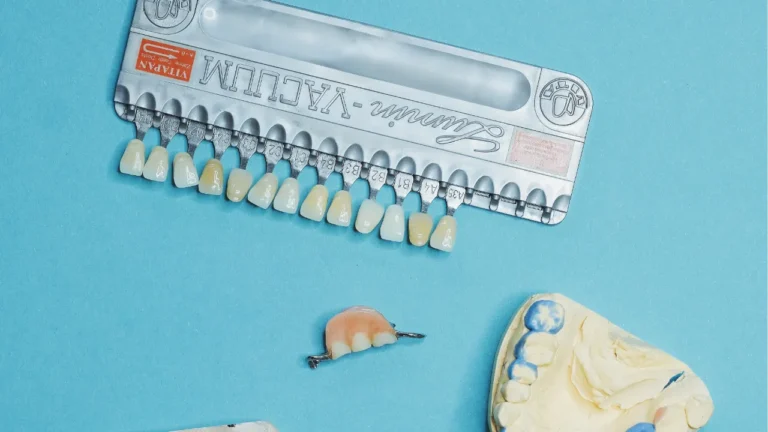Here is an overview of some of the most common types of dental services:
- Preventive care
- Restorative care
- Cosmetic dentistry
- Orthodontics
- Periodontics
- Oral surgery
When it comes to dental care, South Africa offers a diverse range of services catering to various needs.
Whether you’re seeking routine check-ups or specialized treatments, the country boasts an array of options ensuring oral health for all.
Key Facts
- Preventive care involves regular check-ups, cleanings, fluoride treatments, sealants, and oral hygiene education to maintain good oral health and prevent issues like decay and gum disease.
- Restorative care includes fillings, crowns, bridges, root canals to repair damaged or decayed teeth, restoring their function and shape.
- Cosmetic dentistry focuses on enhancing the appearance of teeth and gums through whitening, bonding, veneers, and implants for a better smile.
- Orthodontics deals with teeth and jaw misalignments, offering braces, aligners, and headgear as corrective options.
- Periodontics manages gum disease with procedures like scaling, root planing, gum surgery, bone grafting, and antibiotic treatments.
- Oral surgery involves tooth extractions, jaw surgery, implants, and reconstructive procedures to address mouth, jaw, and facial issues.
Different Types Of Dental Services
Preventive care
Preventive care is essential for maintaining good oral health and preventing dental problems.
Regular dental checkups and cleanings are the most important aspects of preventive care.
During a checkup, your dentist will examine your teeth and gums for signs of decay, gum disease, and other dental problems.
They will also clean your teeth to remove plaque and tartar, which are the main causes of tooth decay and gum disease.
Other preventive care services include:
- Fluoride treatments: Fluoride helps to strengthen tooth enamel and make it more resistant to decay.
- Sealants: Sealants are thin plastic coatings that are applied to the chewing surfaces of back teeth. They can help to prevent cavities from forming.
- Oral hygiene education: Your dentist can provide you with information and instructions on how to brush, floss, and use other oral hygiene products effectively.
Restorative care
Restorative care is used to repair damaged or decayed teeth. Common restorative procedures include:
- Fillings: Fillings are used to fill in cavities and restore the shape and function of teeth. Fillings can be made from a variety of materials, including amalgam, composite resin, and glass ionomer cement.
- Crowns: Crowns are used to cover and protect teeth that are severely damaged or decayed. Crowns can be made from a variety of materials, including metal, porcelain, or a combination of both.
- Bridges: Bridges are used to replace missing teeth. They are made up of two or more crowns that are attached to artificial teeth called pontics.
- Root canals: Root canals are used to treat teeth that have infected or inflamed pulp. During a root canal, the infected pulp is removed, the root canal is cleaned and shaped, and the root canal is filled and sealed.
Cosmetic dentistry
Cosmetic dentistry focuses on improving the appearance of teeth and gums.
Common cosmetic procedures include:
- Teeth whitening: Teeth whitening can be used to remove stains and discoloration from teeth. There are a variety of teeth whitening products available, including over-the-counter strips, gels, and trays, as well as professional whitening treatments performed by a dentist.
- Bonding: Bonding is used to repair chipped, cracked, or discolored teeth. During bonding, a tooth-colored resin is applied to the tooth and then shaped and hardened with a light.
- Veneers: Veneers are thin shells that are bonded to the front of teeth to improve their appearance. Veneers can be used to cover up discoloration, cracks, chips, and gaps in teeth.
- Implants: Implants are artificial tooth roots that are surgically inserted into the jaw. Implants can be used to support crowns, bridges, or dentures.
Orthodontics
Orthodontics is a specialized branch of dentistry that focuses on the diagnosis, prevention, and correction of malocclusions, which are misalignments of the teeth and jaws.
Orthodontic treatment can improve the appearance of teeth and gums, as well as make it easier to chew, speak, and clean teeth.
Orthodontic treatment options:
- Braces: Braces are the most common type of orthodontic appliance. They consist of metal or ceramic brackets that are bonded to the teeth and connected by wires. The wires are tightened over time to gradually move teeth into the desired position.
- Aligners: Aligners are clear, plastic trays that are worn over teeth. Aligners are gradually changed to move teeth into the desired position. Aligners are a popular alternative to braces for some patients.
- Headgear: Headgear is a device that is worn outside of the mouth to apply additional force to teeth and jaws. Headgear is often used in conjunction with braces.
Periodontics
Periodontics is a specialized branch of dentistry that focuses on the prevention, diagnosis, and treatment of periodontal disease, which is an infection of the gums that can damage the gums, bones, and other tissues that support the teeth.
If left untreated, periodontal disease can lead to tooth loss.
Periodontal treatment options:
- Scaling and root planing: Scaling and root planing is a procedure that removes plaque and tartar from the teeth and roots.
- Gum surgery: Gum surgery is used to reshape the gums and remove infected tissue.
- Bone grafting: Bone grafting is used to rebuild bone that has been lost due to periodontal disease.
- Antibiotics: Antibiotics may be used to treat periodontal disease if it is caused by a bacterial infection.
Oral surgery
Oral surgery is a specialized branch of dentistry that focuses on the diagnosis, treatment, and prevention of diseases, injuries, and defects of the mouth, jaws, and face.
Oral surgeons perform a variety of procedures, including:
- Tooth extractions: Tooth extractions are the removal of teeth. Common reasons for tooth extractions include impacted wisdom teeth, severe decay, and periodontal disease.
- Jaw surgery: Jaw surgery is used to correct problems with the jawbones, such as malocclusions and temporomandibular joint (TMJ) disorders.
- Implants: Implants are artificial tooth roots that are surgically inserted into the jaw. Implants can be used to support crowns, bridges, or dentures.
- Reconstructive surgery: Reconstructive surgery is used to repair damage to the mouth, jaws, and face, such as injuries from trauma or birth defects.
Conclusion
In a nutshell, the range of dental services available in South Africa caters to diverse needs, promoting accessible and comprehensive oral health care.
Regular check-ups, coupled with specialized treatments, contribute significantly to maintaining healthy smiles across the nation.
Prioritizing dental health isn’t just about treatments; it’s about empowering individuals to confidently flash their smiles, fostering overall well-being.

